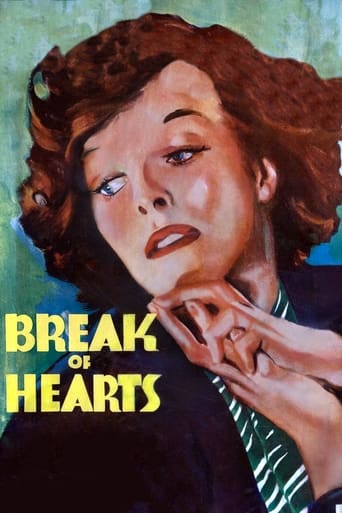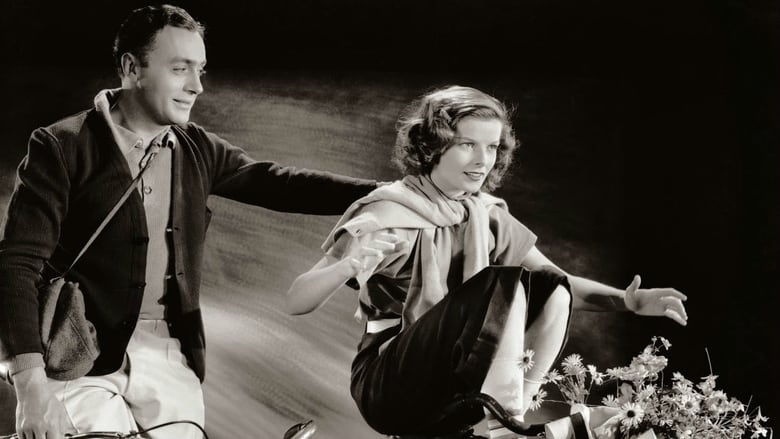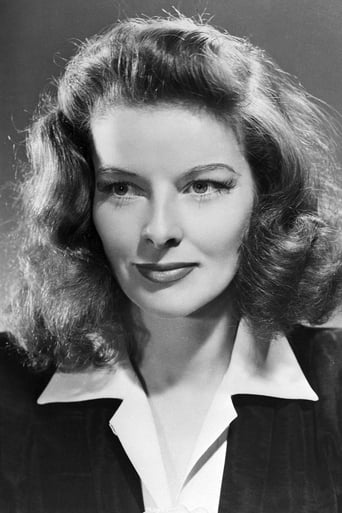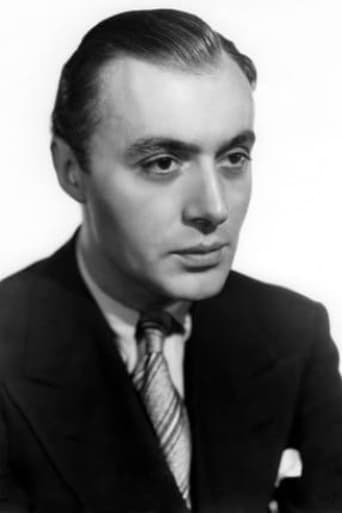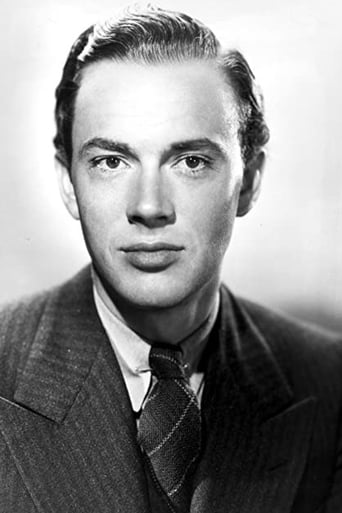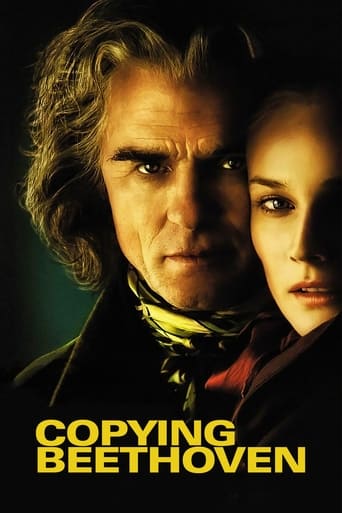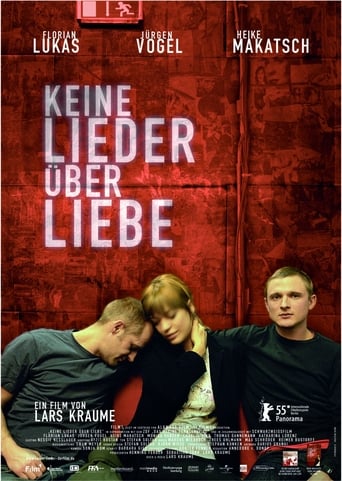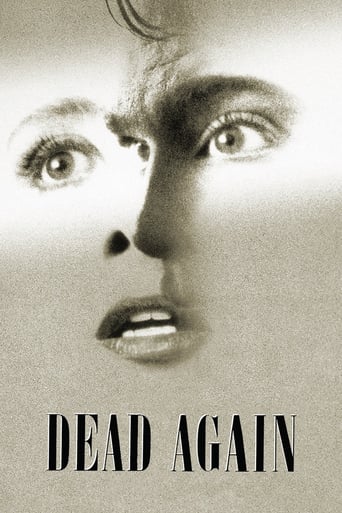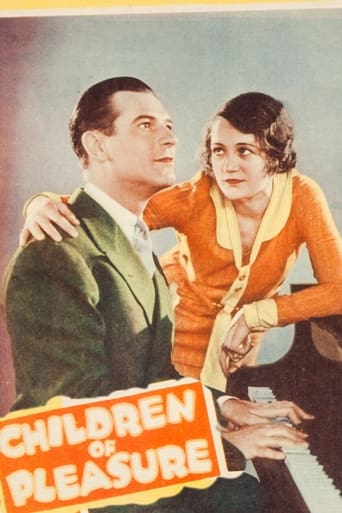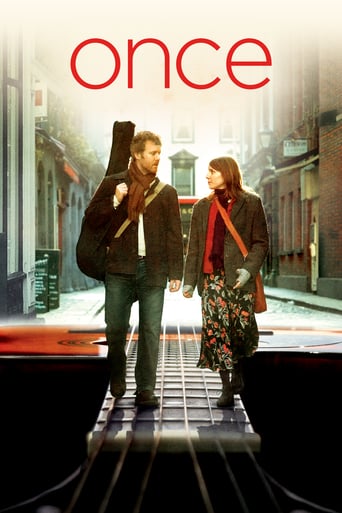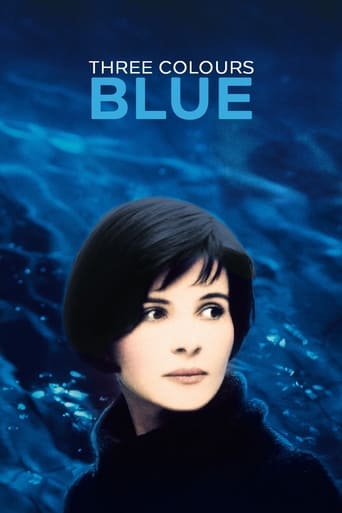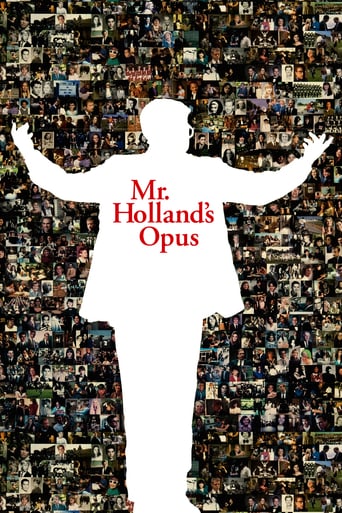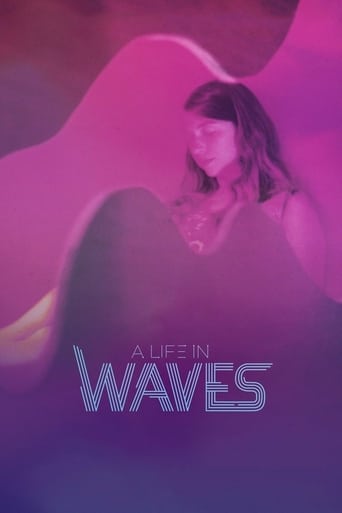Break of Hearts (1935)
Constance, a poor but aspiring composer, meets the great conductor, Franz, through their old music teacher. They fall in love, despite Constance knowing about Franz's weakness for pretty women.
Watch Trailer
Free Trial Channels
Cast


Similar titles
Reviews
SERIOUSLY. This is what the crap Hollywood still puts out?
It's a mild crowd pleaser for people who are exhausted by blockbusters.
When a movie has you begging for it to end not even half way through it's pure crap. We've all seen this movie and this characters millions of times, nothing new in it. Don't waste your time.
Unshakable, witty and deeply felt, the film will be paying emotional dividends for a long, long time.
For me, this film just doesn't work.The reason -- the casting of Katharine Hepburn in the lead role. Don't misunderstand me -- I like most Hepburn films, and from what I have read, this film was written specifically for her. However, what we enjoy most are those Hepburn roles where she has "spunk" (for wont of a better term). Here, there's darn little spunk; perhaps in a scene or two. Otherwise, we're supposed to see Hepburn as a somewhat demure, love-struck woman. Well, that's what doesn't work...the demure part.Hepburn plays a woman with designs on composing music, although we never quite figure out how talented is is or isn't. She falls in love with a noted classical conductor (Charles Boyer). Although they are happily married, Boyer strays just a bit, taking an old flame out to dinner, where they are discovered accidentally by Hepburn. Hepburn ends the marriage and falls "in like" with John Beal, a pleasant though apparently shiftless young man. Meanwhile, Boyer's character falls apart, becoming a drunk, and is disgraced and withdraws from his career as a conductor. Of course, in the end they reconcile, though not before a twist or two.While the Hepburn role left much to be desired, Boyer does quite nicely here in one of his fairly early American films when he was in his mid-30s; he's quite young looking. John Beal gives a so-so performance as a friend to both Boyer and Hepburn, although I didn't find his voice very satisfying. The well-known actor Jean Hersholt is here as a music teacher, and does nicely, though the role isn't the most impressive (this film was 2 years before he played the beloved grandfather to Shirley Temple's "Heidi").Worth mentioning is the score here...by the great Max Steiner. Several of the orchestral pieces are excellent.Not a bad film concept, just bad casting in terms of Hepburn. The film never recovers from her insipid performance (and incidentally, the film didn't do much more than break even).
BREAK OF HEARTS (RKO Radio, 1935), directed by Philip Moeller, is not a movie dealing with gamblers in a card game, but a title in brief telling its movie patrons what to expect, that of a melodramatic story in the soap-opera mode. Starring the still youthful and radiant Katharine Hepburn in her seventh movie role and first 1935 release, it returns her to contemporary setting in New York City for the first time since her Academy Award winning performance in MORNING GLORY (1933). Rather than having Hepburn in the world of Broadway, offices of producers and theater actors, BREAK OF HEART places her in the love story of concerts and classical music. Aside from casting her opposite Charles Boyer (for the first time in a perfectly fitting role to his screen personality), it also reunites Hepburn with John Beal, her co-star from her previous effort of THE LITTLE MINISTER (1934). This time Beal assumes a secondary best friend character part in the manner that makes one immediately think of James Stewart.From the screenplay by Sarah Y. Mason, Victor Heerman and Anthony Veiller, the story opens in New York's Eastern Theater where Franz Roberti (Charles Boyer), a renowned musical conductor with "an eye for the ladies," places Elsie (Susan Fleming), one of his latest dates, in a taxi bound for home while he takes another to 31 Washington Square to visit with Professor Talma (Jean Hersholt), a music teacher who had guided Roberti to what he has become. While visiting with Talma, Roberti meets Constance Worth (Katharine Hepburn), a struggling young composer living in the apartment below, with whom he becomes well acquainted. Unable to buy a ticket to one of his concerts, Constance enters the theater to watch one of Roberti's rehearsals. After a month of courtship, the two marry and honeymoon throughout Europe. Upon their return to New York, Franz's many hours of concert rehearsals keeps him away from his wife. However, Constance takes pleasure in the company of Roberti's best friend, Johnny Lawrence (John Beal). At her insistence, Johnny takes Constance to dinner at the Ritz where, in the powder room, overhears gossip between two women about her husband. She finds the gossip to be true when finding Franz in the company of the gossiping socialite women, Sylvia DeWitt (Helene Millard) and Didi Lenox-Smith (Jean Howard). More because of his lying than anything else, the marriage leads to separation and individual hardships ahead. Others members of the supporting cast include: Sam Hardy (Mr. Goldmarks); Inez Courtney (Miss Wilson); Ferdinand Gottschalk (Enrico Pazzini, Roberti's Manager); and Lee Kohlmar (Schubert, one of the members of Roberti's concert ensemble). Take notice that one of the girls in the assortment of Franz Robert's picture frames of girlfriends looks like the blonde Lucille Ball.While BREAK OF HEARTS might have been a semi-biography of actual composers or symphony conductors, it's mostly a fictional modern-day story consisting of interludes involving classical music. Composition excerpts presented or heard throughout production (though not necessarily on chronological order) are: "Symphony # 9 in G Minor" by Antonin Dvorak; Robert Schumann's "Traumeroe" from Kinderscenen; "Symphony No. 8 in B Minor" by Franz Schubert; "Symphony No. 6 in B Minor, Opus 74" by Pyotir Tchiakovsky; "Tucca and Fugue in D Minor" by Johann Sebastian Bach; "Symphony No. 1 in C Minor" by Johannes Brahams, just to name a few. The contemporary songs worked into the plot are "Happy Go Lucky and Free" briefly sung not so well by Sam Hardy for a customer (played by Eddie Kane) at Goldmarks Music Publishing Company; and background scoring to "The Continental" heard during a New Year's Eve party.Following a series of prior successful and/or disappointing movie assignments for Hepburn, the material provided in BREAK OF HEARTS seemed quite familiar to 1930s movie audiences, considering how top actresses of the day, Greta Garbo or Norma Shearer, as prime examples, had tackled similar themes in their movies that have proved successful at the box-office. Hepburn on the other hand seemed out of character in such a story, especially during a couple of melodramatic moments. In spite of Hepburn and Boyer's fine work together, BREAK OF HEARTS reportedly didn't prove favorable at the box-office. Maybe this on-again, off-again romance story just wasn't Hepburn's forte after all, unless similarly done in the comedic mode opposite such fitting Hepburn leading men types as Cary Grant or Spencer Tracy.Being one of the least known or revived of Hepburn's 1930s RKO Radio productions, as opposed to commercial television dating back to the 1960s and 70s, or revivals at Hepburn film festivals, BREAK OF HEARTS did, however, become available on video cassette in the 1990s, even with occasional showings on cable television's American Movie Classics (prior to 2000) where the audio playback was distorted; and better audio and clearer print from Turner Classic Movies and its DVD release. BREAK OF HEARTS might never be scaled to great motion picture heights, but remains simply an average story for 78 minutes of screen entertainment. (***)
Maybe it's just me, but the idea of Charles Boyer playing opposite Katharine Hepburn in a romance is odd...to say the least. Now I am NOT casting any aspersions on their acting--they were both fine actors. But the combination of the two in a film like this just seems strange. Perhaps at the time it didn't--as Hepburn wasn't yet a huge star and hadn't the reputation she'd have just a few years later. But the reddish-haired lady with a refined New England accent and the suave Frenchman--what an unusual combination The film begins with Boyer playing a very famous orchestra conductor and musician. He's a bit of a womanizer, so it's surprising when he meets a young would-be composer (Hepburn) that he'd fall for her so hard that he'd ask her to marry him. They seem deliriously happy and go off on a wonderful honeymoon in Europe. Things couldn't be better for the pair until he decides on a whim to go to a party with an old lady friend. However, when Katharine seems them together, she assumes he's cheating on her and perhaps he was, so she storms off--and is ready for a divorce. Can the two get past this or is their marriage headed for an untimely end? See the film and find out what happens next.Overall, while the acting is pretty good and a nice looking production, the movie itself is very ordinary...at best. In fact, some parts are a bit embarrassing to watch--it just wasn't written all that well and seemed overdone and unreal--particularly in the second half. A sticky and clichéd soap opera and not a whole lot more. There just wasn't enough interesting material in this film to elevate it anything more than a time-passer. Too bad--with this talent, it should have been a lot better.
Alright, so it is clichéd, sappy, and, compared to today's standards, overacted and self-important...but so is Love. Two lost souls find their other half, and foolishly loose all. Max Steiner's theme given to Constance as her "song of love" is gorgeous. Hepburn is youthful enthusiasm and radiance, and manages a pretty strong portrayal of weakness for such a strong lady. Boyer can speak centuries of emotion with those incredible eyes. For anyone who feels deeply about music, this movie isn't so far-fetched--and it's great with popcorn! (This from a lover of depression era costuming--try to ignore the clown-collars they put poor Kate in after she is married--she looked better poor!) So it's a 1930's chick-flick. Relax and step back to a time when love was worth sacrificing everything for.

